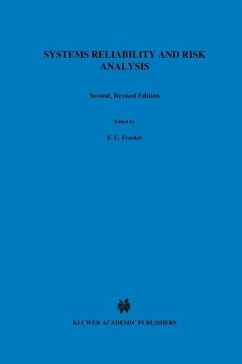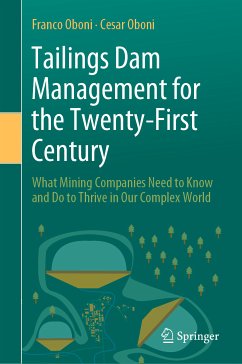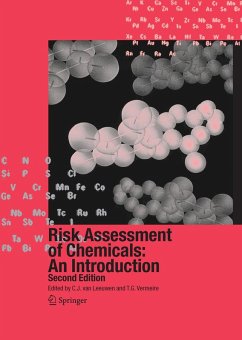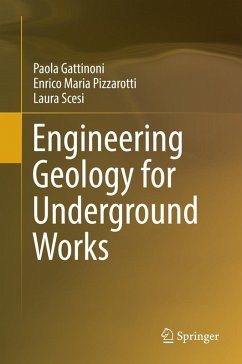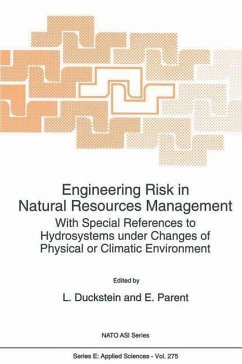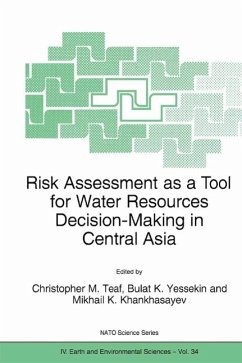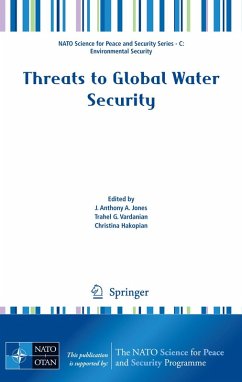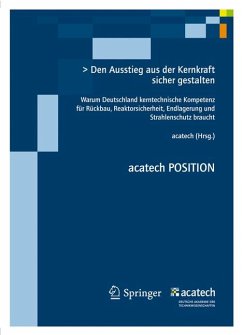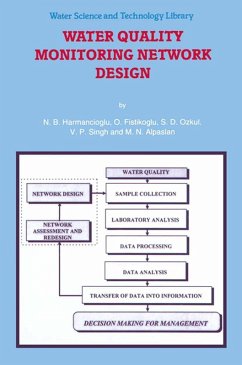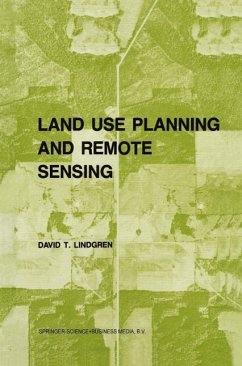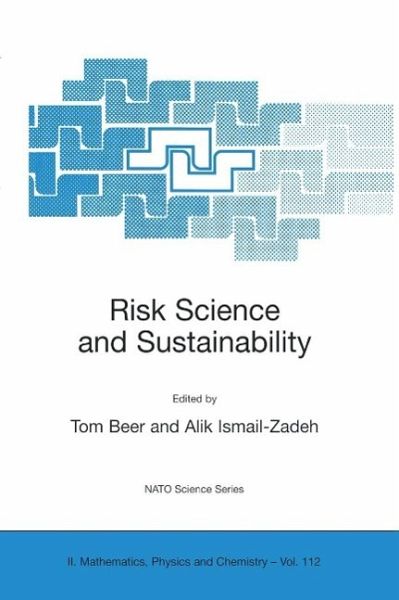
Risk Science and Sustainability (eBook, PDF)
Science for Reduction of Risk and Sustainable Development of Society
Redaktion: Beer, Tom; Ismail-Zadeh, Alik
Versandkostenfrei!
Sofort per Download lieferbar
112,95 €
inkl. MwSt.
Weitere Ausgaben:

PAYBACK Punkte
56 °P sammeln!
1 AUK ISMAIL-ZADEH ,2, TOM BEER3 1 International Institute of Earthquake Prediction Theory and Mathematical Geophysics, Russian Academy of Sciences, Warshavskoye shosse 79-2, Moscow 113556, Russia; e-mail: aismail@mitp.ru 2 Geophysikalisches Institut, Universittit Karlsruhe, Hertzstr. 16, Karlsruhe 76187, Germany; e-mail: Alik.Ismail-Zadeh@gpi.uni-karlsruhe.de 3 CSIRO Environmental Risk Network, CSIRO Atmospheric Research, Aspendale, Vic. 3195 Australia; e-mail: Tom.Beer@csiro.au The world faces major threats to the sustainability of our planet. These threats are accompanied by the immediate d...
1 AUK ISMAIL-ZADEH ,2, TOM BEER3 1 International Institute of Earthquake Prediction Theory and Mathematical Geophysics, Russian Academy of Sciences, Warshavskoye shosse 79-2, Moscow 113556, Russia; e-mail: aismail@mitp.ru 2 Geophysikalisches Institut, Universittit Karlsruhe, Hertzstr. 16, Karlsruhe 76187, Germany; e-mail: Alik.Ismail-Zadeh@gpi.uni-karlsruhe.de 3 CSIRO Environmental Risk Network, CSIRO Atmospheric Research, Aspendale, Vic. 3195 Australia; e-mail: Tom.Beer@csiro.au The world faces major threats to the sustainability of our planet. These threats are accompanied by the immediate dangers of natural and man-made disasters. Our vulnerability to them is greatly magnified with each passing year undermining our ability to maintain a sustainable and productive world into the 21st Century and beyond. Both history and common sense teach us that science has a tremendous potential to find ways to cope with these threats. 1 The EUROSCIENCE working group "Science and Urgent Problems of Society" 2 and the IUGG Commission on Geophysical Risk and Sustainability were initiators of the EUROSCIENCE - IUGG Advanced Research Workshop "Science for Reduction of Risk and Sustainable Development of Society" sponsored by the NATO Science Program. The Workshop was held on 15-16 June 2002 in Budapest, Hungary. More than 40 participants from 17 countries took part in the Workshop. Talks and discussions addressed mainly the question of how science can help in reduction of risk and sustainable development of society.
Dieser Download kann aus rechtlichen Gründen nur mit Rechnungsadresse in A, B, BG, CY, CZ, D, DK, EW, E, FIN, F, GR, HR, H, IRL, I, LT, L, LR, M, NL, PL, P, R, S, SLO, SK ausgeliefert werden.



